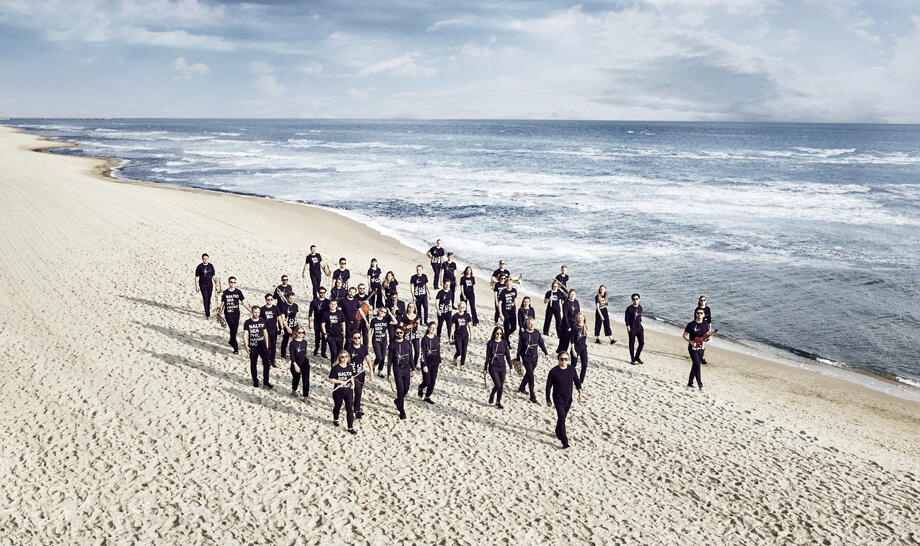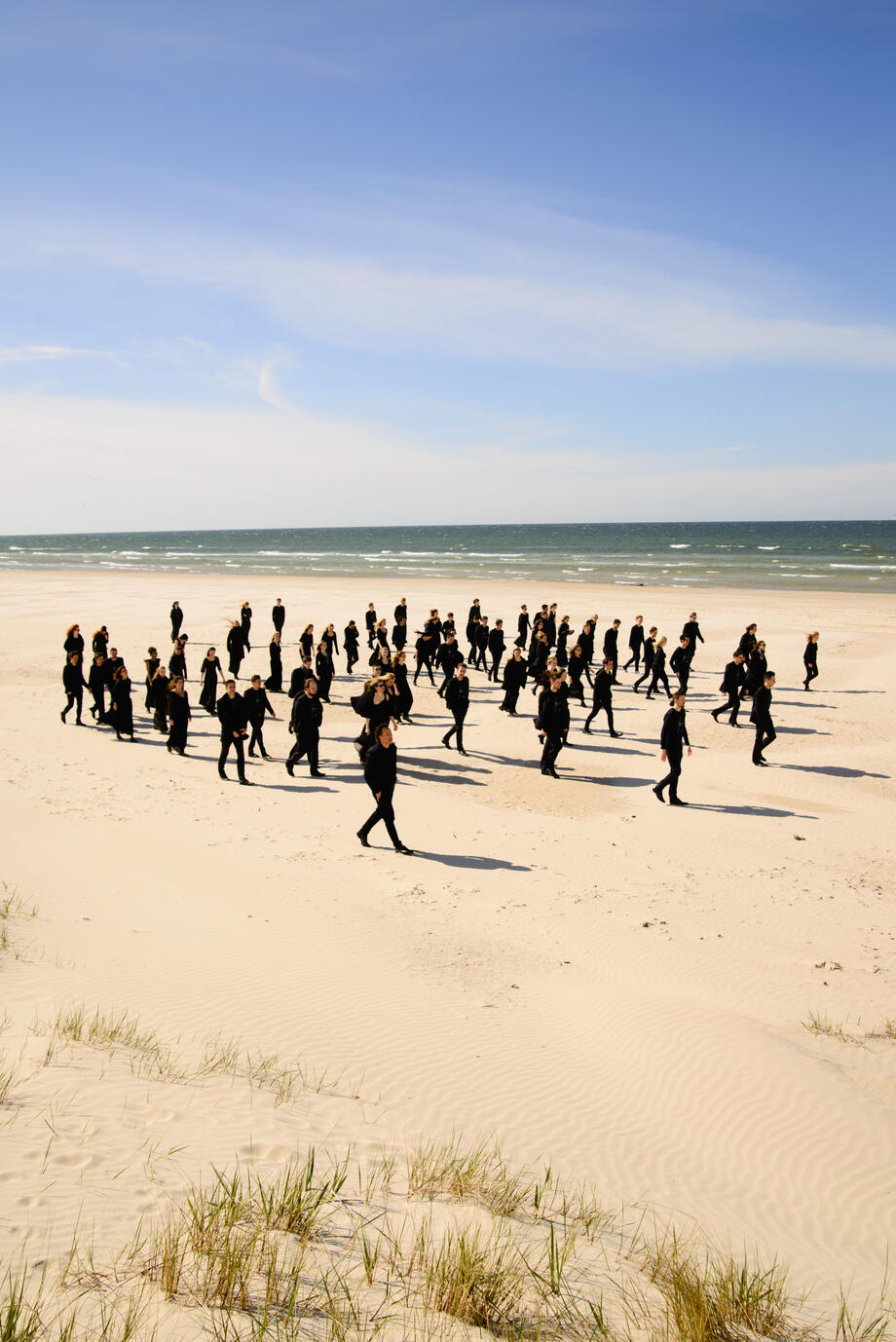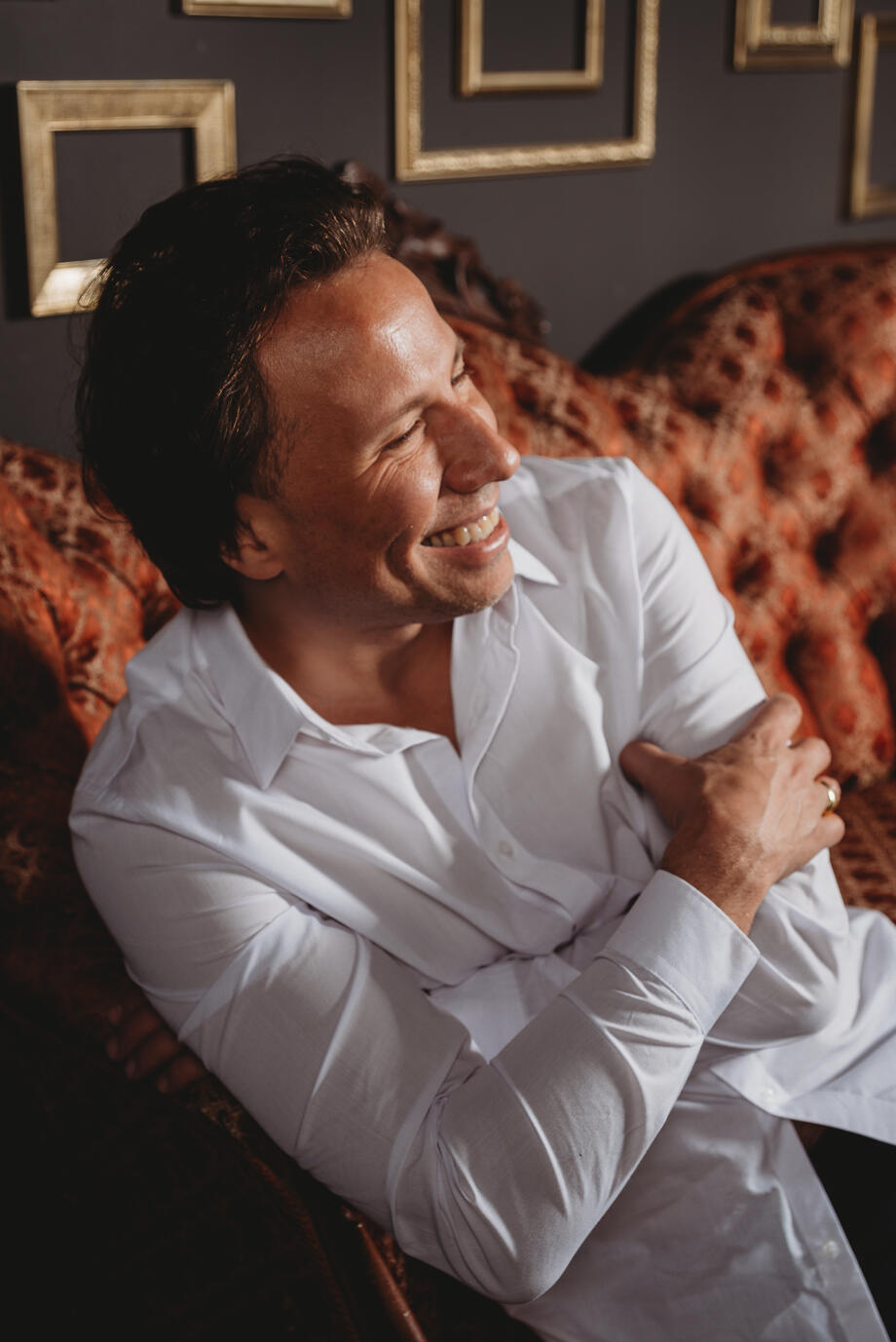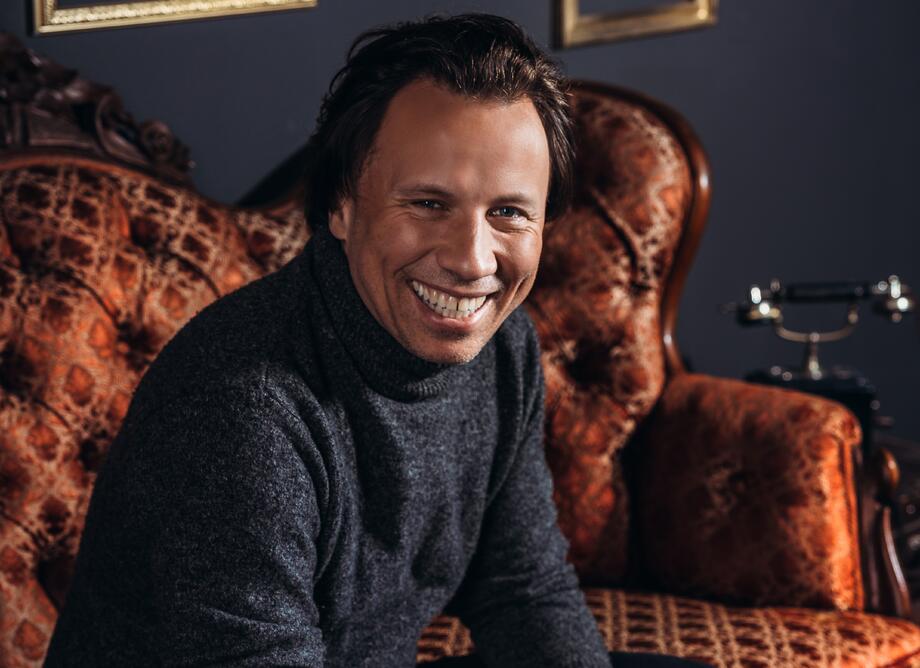Press
Press Contact
Alexander Datz, Press Officer
Mobile: +49 176 741 61 157
alexander.datz@bmef.eu
Press Releases
Download the latest press releases of the Baltic Sea Philharmonic here:
Press Photos
Use free of charge in connection with the Baltic Sea Philharmonic. Please use the photo credits © as mentioned in the photo file names.
If you have any questions or would like more photos, please contact press@bmef.eu. Many thanks.






